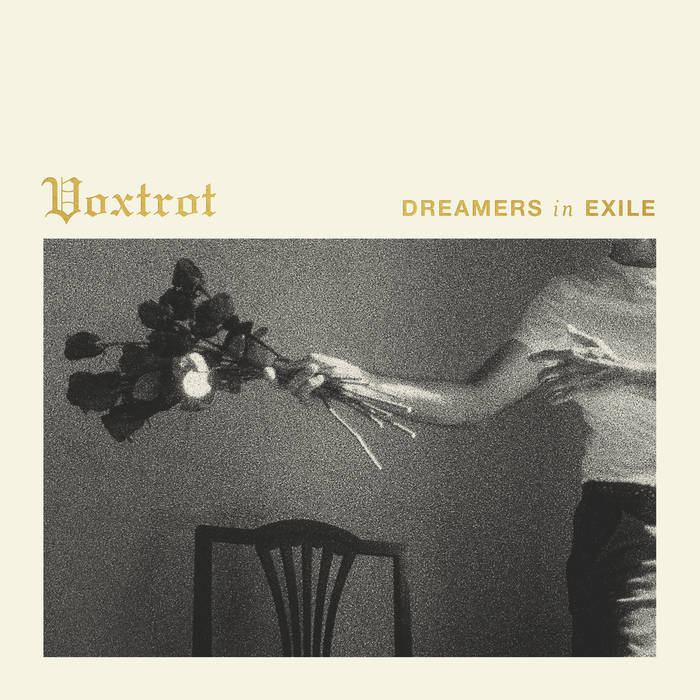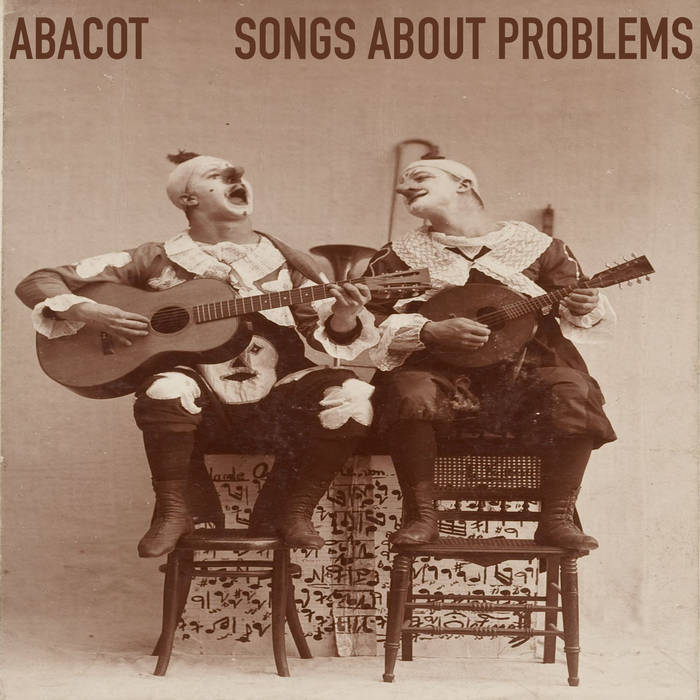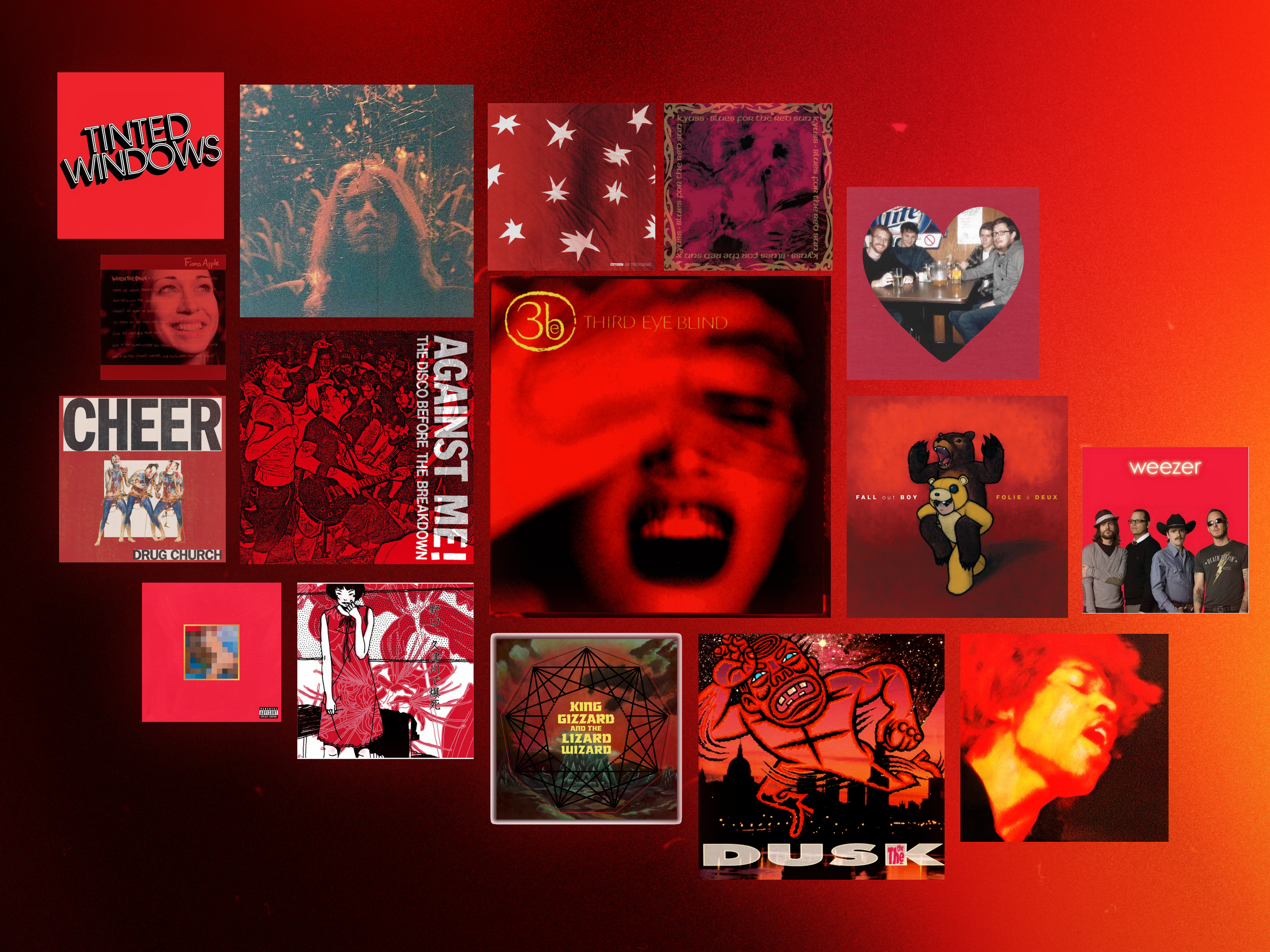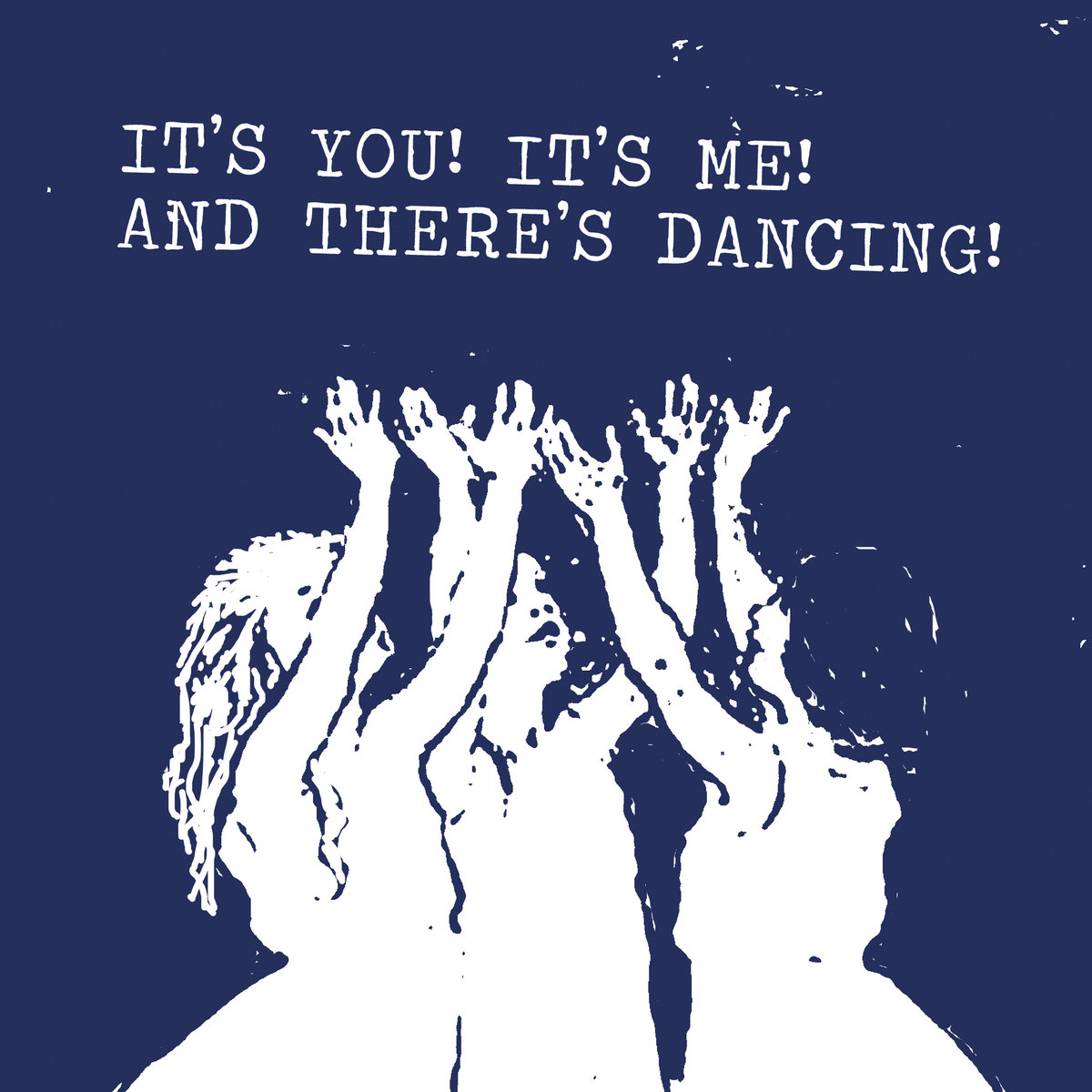Wild Pink – Dulling the Horns | Album Review
/Fire Talk
If I wanted to place Dulling the Horns in a box, I could label it with the phrase “back-to-basics.” However, I don’t want to do that. The fifth LP from Wild Pink is rougher and rowdier than the band has ever sounded before, an advancement and experiment for John Ross and company. Extensive touring in the wake of ILYSM, the band’s collaboration-heavy shot at the moon, honed their edges into jagged spikes; those extremities were subsequently reigned into the controlled chaos of the mile-a-minute word tumble of “Eating the Egg Whole” and the sludgy canine declarations of love on “Bonnie One.” The sound of Dulling the Horns is mostly three or four people playing live in a room together, pushing against world-weariness with begrudging energy and resolve.
Album opener and lead single “The Fences of Stonehenge” finds Ross reprehensive and reflective. Years of writing and touring have threatened to overwhelm the ridge of light that beckoned in the first place. Ramshackle guitars never quite drown out the ambiguity in a pointed question like “Do you still believe it?” In fact, directness drives the song out of the static and into a Petty-via-Young barn-burner. The terrain is harsher once you’ve abandoned the main course, but there is freedom in the abandonment. The thunder still looms heavy over the horizon, so why not take a detour? You can hop the chainlink barriers encircling the megalithic structure and get a little closer to the wonder, even if it gets you into a mess. Never let your stupid ass stop searching.
There are moments on the album reminiscent of another winding, fuzz-laden record made by a band of New Yorkers — Ben Seretan’s Allora. Both songwriters’ core curiosities aren’t sacrificed in the quest towards august straightforwardness and loud amps. The ragged distortion found on all ten tracks of Dulling the Horns doesn’t come at the cost of the esoteric non-sequiturs or stark emotions that flow through Ross’ lyrics. Light doesn’t stop shining in when the clouds roll in. The crescendoing ambition of Wild Pink’s music, from the scrappiness of the self-titled debut to the wind-swept wonder of A Billion Little Lights, is turned back into itself, given a more familiar, classic rock-indebted musical landscape to inhabit, one that still possesses the same crags and biting cold, glimmering stars and lurching valleys, sun and moon.
“Dracula was a Catholic, too, in fact,” Ross sings of the vampirian prince and his orthodoxy late on Dulling the Horns. Fraying and warm saxophone dances with plinking bells around this declaration of someone else’s faith. Perhaps only a takeaway line on another song, it provides “Catholic Dracula” with its title, packing a multitude of worries into a single bar about a single bat. Even the all-powerful Vlad the Impaler (not as prone to blood-sucking as his fictional counterpart) feared God and death, felt guilt, and raged against his shortcomings. Without reading further into the fanged one’s faith, he is humanized by Ross. A straight yet blurry line is drawn between the prevalent Catholic “imagery of suffering” and Dracula’s “later work” as a pole-sharpening brutalist. How does one reckon with their faith in the light of past suffering and struggle?
Elsewhere on the record, Ross still manages to cram in lines about “long-ass German words,” Michael Jordan’s hat in 1997, Heaven’s Gate, and Czech television news. His wandering imagination and invisible associations haven’t lost any prevalence, prescience, playfulness, or laugh-out-loud absurdity. Pro-Iraq War anti-France French fries were served “proudly” in Congressional cafeterias in 2003, the year Jordan retired — all of this time-and-place specificity is stuffed into just two bars. Despite the mess of every morning and the lyrical density, gleaming nuggets of truth shine through on every track. One of Ross’ strengths remains peculiar elegance, in how bits of songs get stuck in your head in true Bermanesque fashion and how guitars, piano, pedal steel, and sax rollick into each other. Dulling the Horns is meant to be lived in; it sure as hell ain’t meant to be forgotten.
Aly Eleanor lives in Minneapolis, Minnesota, where she writes, records, sends emails, and more for Ear Coffee, a DIY podcast and media “entity” that she co-founded. She can be found online, underground, at home with her rats, or @purityolympics.











